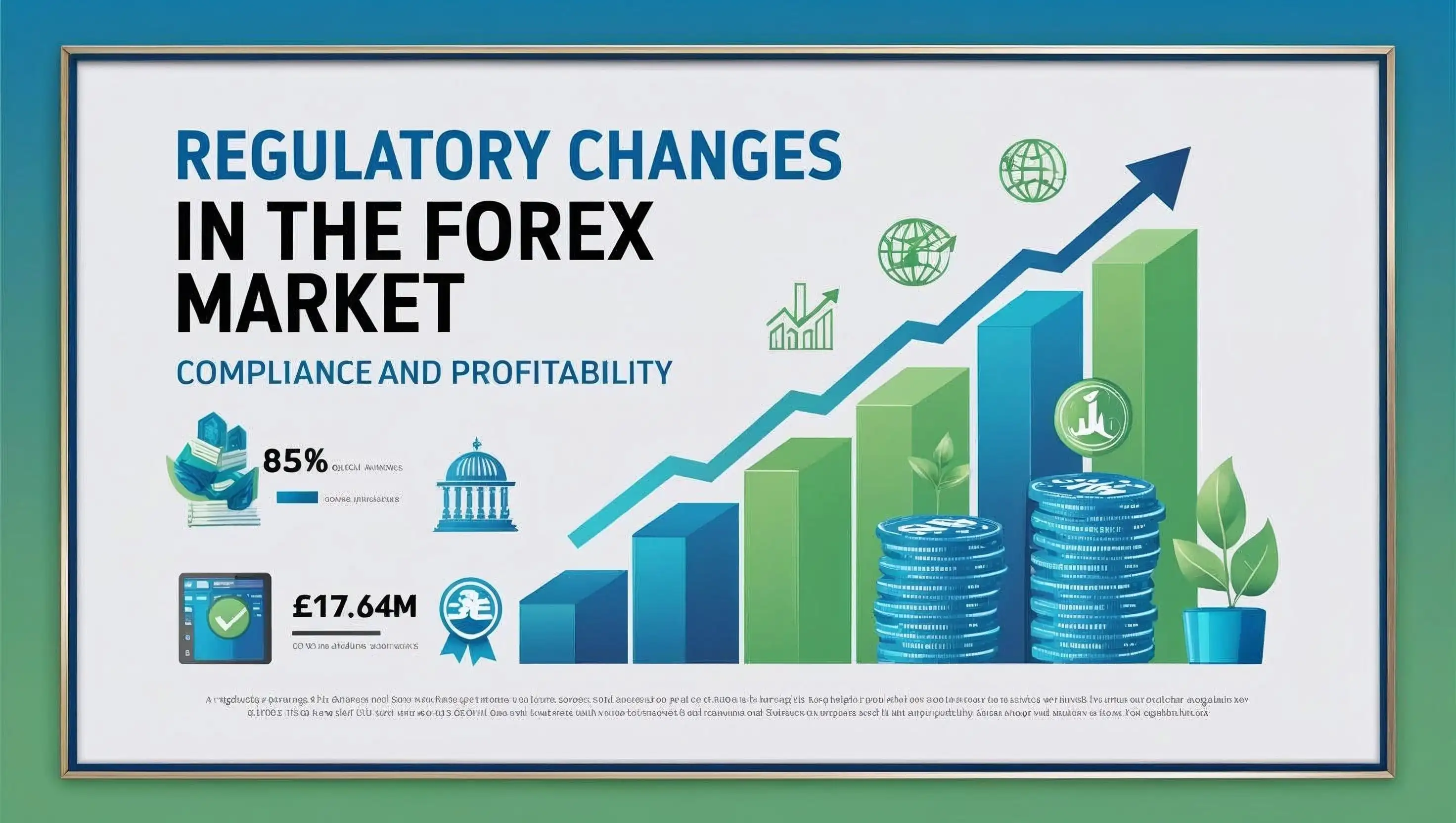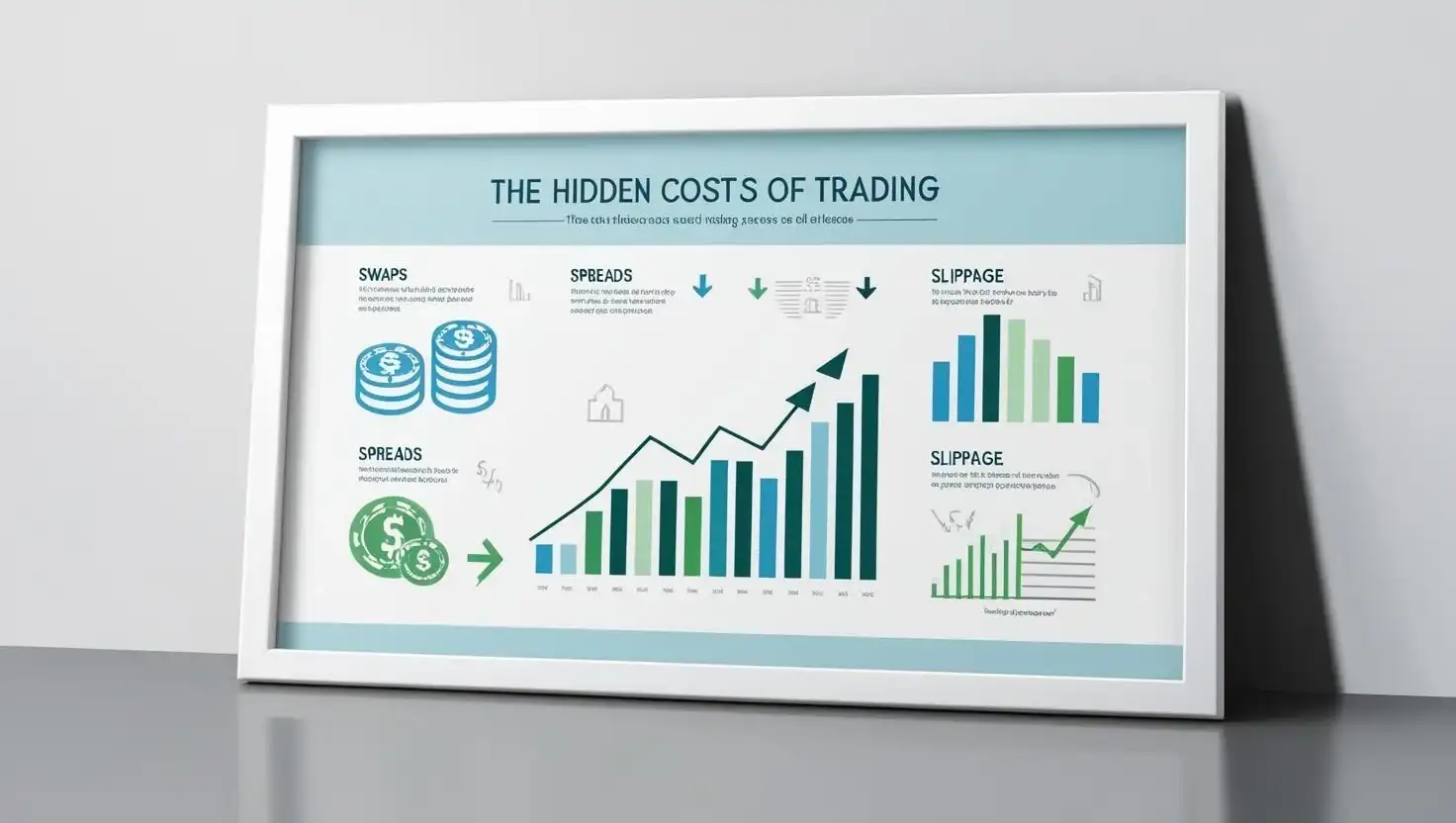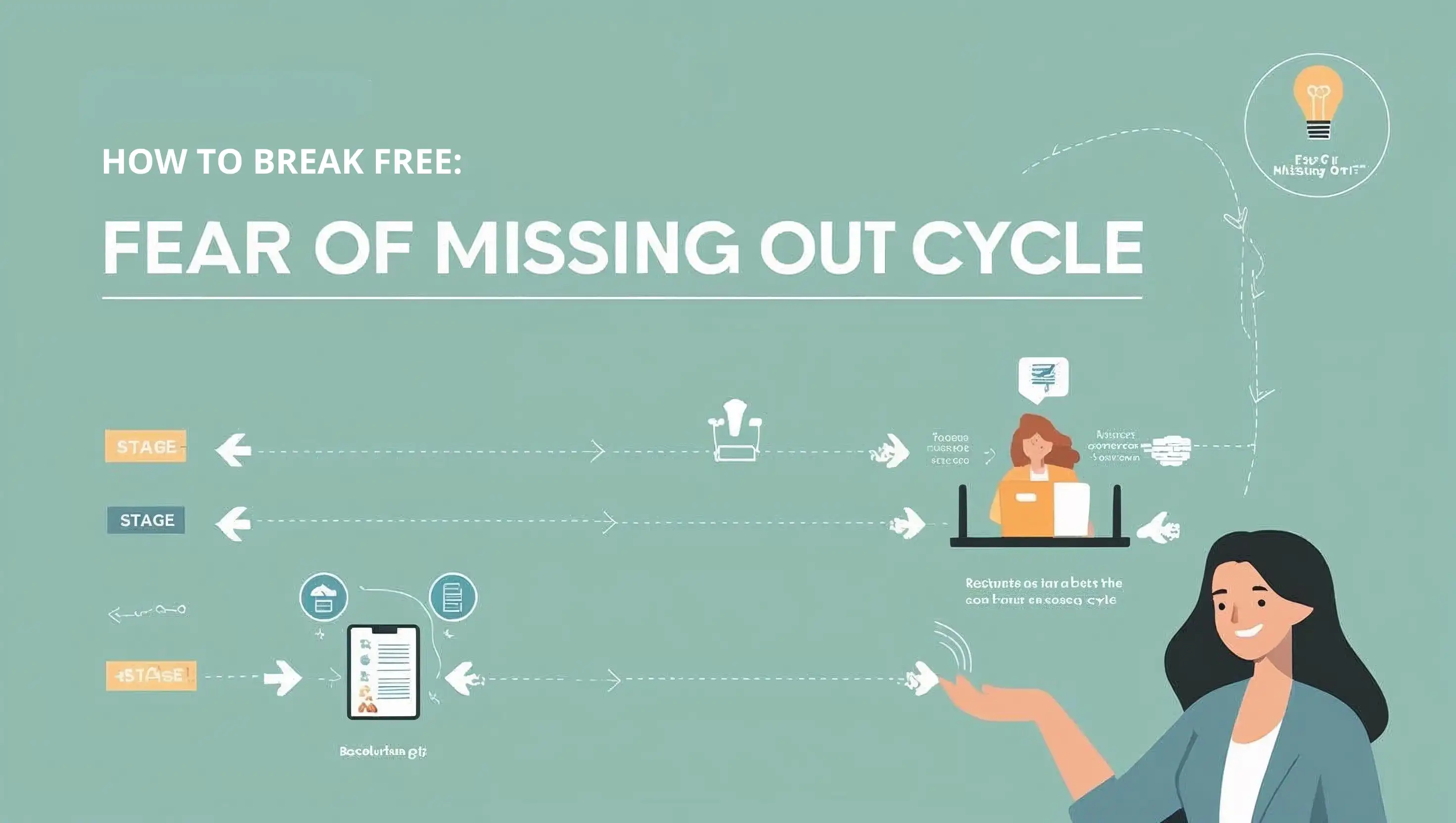Forex regulations are your trusty compass in the wild, wavy world of trading—they keep the sharks at bay and the markets fair. But here’s the twist: these rules aren’t carved in stone; they shift like the tides. In this guide, we’ll unpack the latest regulatory shake-ups, show you how to dodge legal quicksand, and keep your profits flowing in a landscape that’s always on the move. Spoiler: Traders who stay compliant don’t just survive—they sail through storms with a grin.
Key Takeaways
Rules Are Your Anchor: Regulations shield you from scams and chaos—ignore them, and you’re adrift.
Change Is the Game: Blink, and you might miss a rule that sinks your strategy.
Adapt or Capsize:The sharpest traders tweak their sails to ride the waves.
Compliance Pays: Pick a broker like Deriv, and you’re trading with a fortress, not a flimsy raft.
Why Regulations Matter
Think of Forex regulations as the guardrails on a cliffside highway—they’re there to stop you from tumbling into a pit of fraud, rogue brokers, or market mayhem. They’re your shield, ensuring fair play and keeping your hard-earned cash safe. But here’s the catch: these guardrails move. A rule that worked yesterday might tighten tomorrow, and if you’re not clued in, your killer strategy could crash into a brick wall. Staying sharp and informed isn’t just smart—it’s survival. Plus, compliant traders get bragging rights and better sleep. Who doesn’t want that?
Recent Regulatory Shakes You Need to Know
1. Leverage Caps: Less Risk, Less Reward?
What’s New: Regulators in the EU, UK, and Australia have clamped down, capping leverage for retail traders—think 30:1 on major pairs, a far cry from the adrenaline-junkie 500:1 of yesteryear.
What It Means: It’s like trading with training wheels—your risk’s reined in, but so are your profit dreams. Less leverage means you’re less likely to blow your account on a rogue trade, but it also demands bigger capital to snag the same gains.
How to Roll With It: Seasoned traders switch gears—longer-term trades or diversified pairs become the name of the game. Scalpers, though? You might need to rethink that high-octane lifestyle.
Juicy Tidbit: When ESMA rolled out these caps in 2018, EU retail losses dropped by 30 percent. Safety works—just don’t expect to break speed records.
2. Negative Balance Protection
What’s New: In the EU, UK, and Australia, brokers now have to guarantee your account never dips below zero—no exceptions.
What It Means: Say goodbye to those gut-punch moments where a market meltdown leaves you owing your broker a fortune (Swiss Franc crash of 2015, anyone?). The flip side? Brokers might get twitchy with margin calls to cover their backs, so keep your levels tight.
Why It’s a Win: You’ve got a safety net—lose big, but never more than you put in. Peace of mind, delivered.
Flashback: Pre-rule, some traders woke up to five-figure debts after flash crashes. Now? That’s ancient history.
3. Crypto Regulations: Taming the Wild West
What’s New: The US, EU, and others are roping in crypto brokers, demanding registration and rule-following.
What It Means: The crypto jungle’s getting a sheriff—trading’s safer, but the lawless “moon or bust” days are fading. Spreads might tighten, and those sketchy platforms promising overnight millions? They’re on borrowed time.
Trader Takeaway: It’s a cleaner game, but pick your broker wisely—unregulated ones are a hacker’s buffet.
Pro Move: Verify your crypto broker’s license. A legit badge beats a flashy ad any day.
4. Stricter Broker Requirements
What’s New: Brokers now have to segregate your funds, publish audits, and steer clear of dodgy conflicts of interest.
What It Means: Your money’s locked away in a vault, not tossed into the broker’s party budget. The trade-off? Those “200 percent bonus” ads are vanishing—turns out, “too good to be true” usually is.
Why It’s Solid: Audits mean transparency, and segregation means your cash stays yours. Sketchy brokers? They’re sweating now.
Dirty Secret: Some brokers once “borrowed” client funds for their own gambles. New rules say: hands off.
How to Stay Ahead of Regulatory Waves
Don’t just bob along—surf these changes like a champ. Here’s your playboook:
Track the Rulemakers: Bookmark the heavy hitters—FCA (UK), ASIC (Australia), CySEC (Cyprus), MFSA (Malta)—and skim their updates monthly. They’re the ones steering the ship.
News on Tap: Set Google Alerts for “Forex regulations” and “crypto rules”—let the headlines chase you.
Bet on the Good Guys: Trade with regulated brokers like Deriv (licensed by MFSA, FSA, LFSA, VFSC)—because sleeping easy beats dodging scams.
Gear Up: Grab a “Regulation Tracker” app or widget—real-time leverage caps, margin rules, and broker statuses by country. Knowledge is power.
Why Deriv Keeps You Safe
In a sea of brokers, Deriv’s your rock-solid lighthouse. Here’s the rundown:
Licensed Up: Regulated by MFSA, FSA, LFSA, and VFSC—those badges aren’t just for show.
Clear as Day: No hidden fees or sneaky fine print—just straight-up, honest pricing.
Money Fortress: Your funds sit in segregated accounts at top-tier banks—safe from broker blunders or drama.
Why It’s a No-Brainer: Deriv’s got a global reputation for doing it right—compliance, security, and zero shadiness. Trade here, and you’re not just following rules—you’re owning them.
Conclusion: Trade Smart, Sleep TightForex regulations aren’t here to cramp your style—they’re the lifelines that keep the seas safe and the scammers scrambling. Leverage caps, negative balance protection, crypto crackdowns, and broker audits are rewriting the rulebook, but with a keen eye and a solid broker like Deriv, you’re not just staying afloat—you’re thriving. Bookmark those regulators, set those alerts, and steer your trading ship like the captain you are. The rules may twist, but you? You’re built to conquer.



